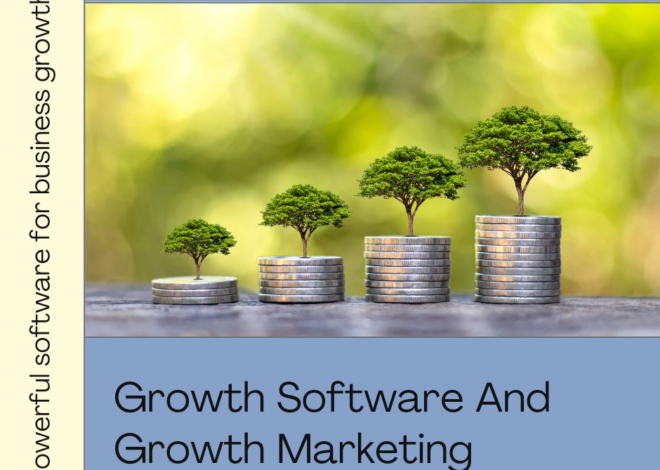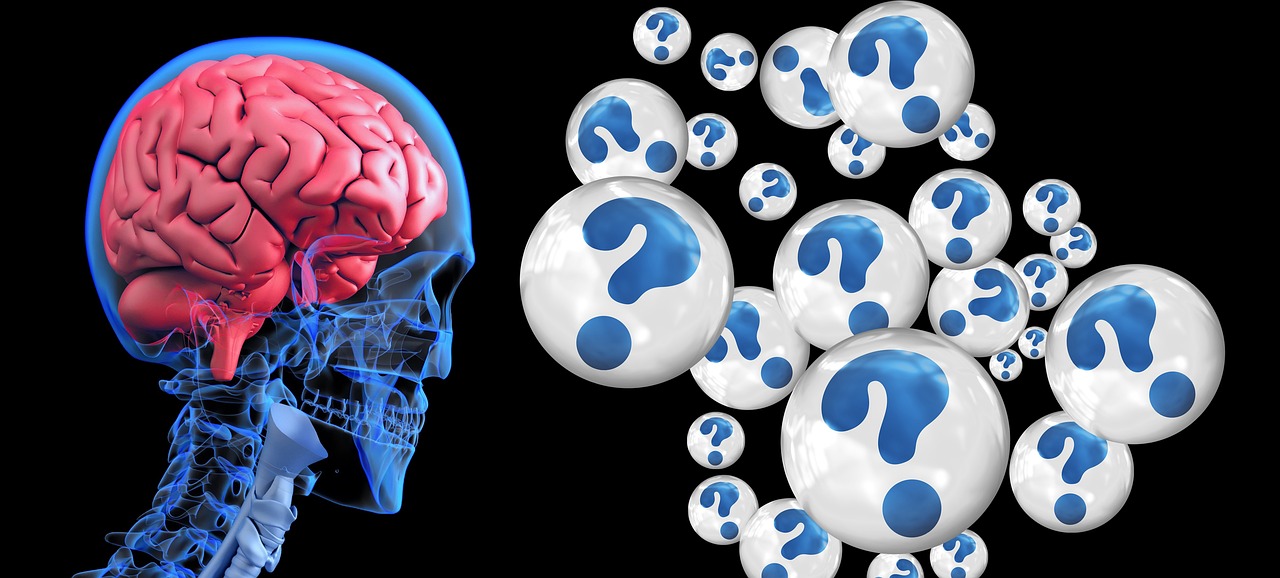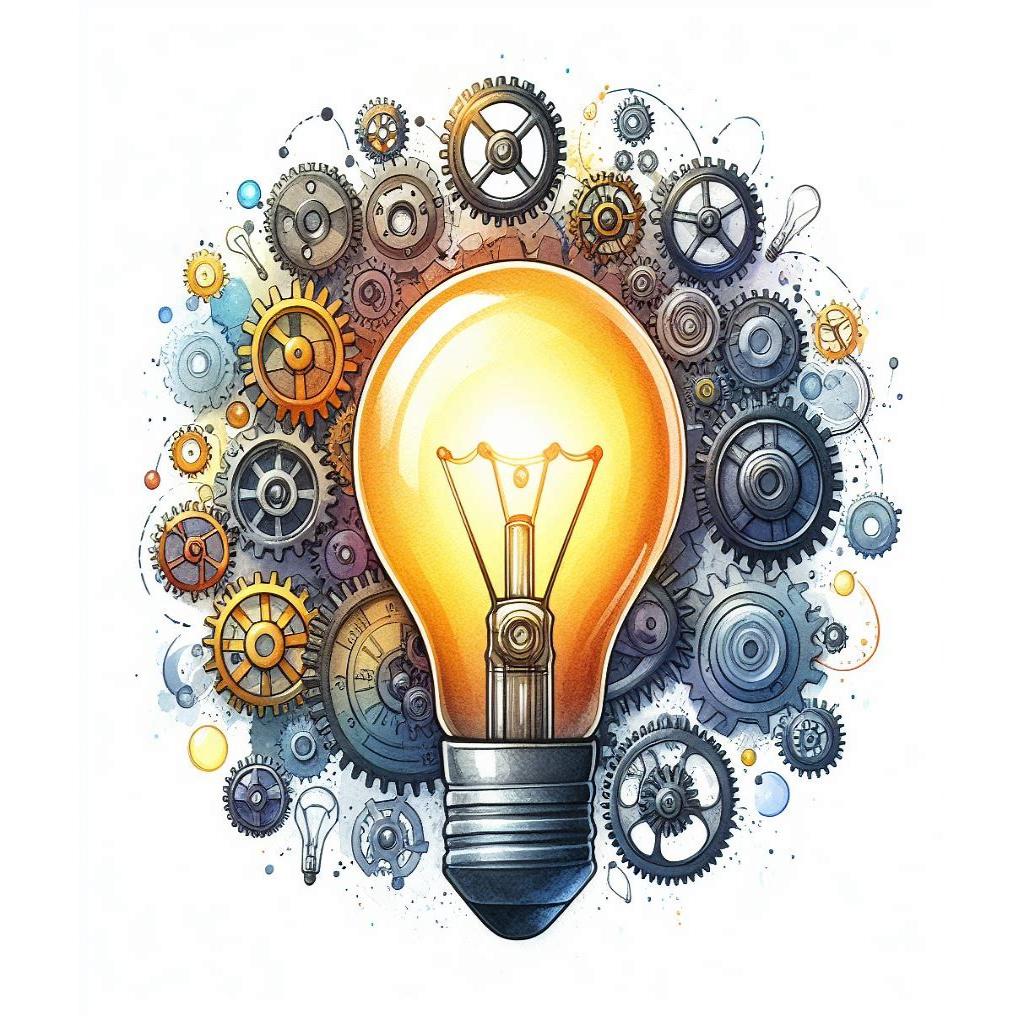
Optimize Your Workflow: 5 Practical Tips for Working Smarter, Not Harder
Optimize Your Workflow: 5 Practical Tips for Working Smarter, Not Harder
Introduction:
Juggling work, family, and personal life can feel like a constant battle against the clock. But what if you could achieve more in less time, freeing up precious hours for the things that truly matter?
This article explores practical productivity strategies from experts and delves deeper into the science behind them. We’ll debunk myths, personalize approaches, and offer actionable tips to help you work smarter, not harder.
Body:
1. Optimize Your Brainpower:
Brain Breaks: While research on cold showers and alertness is inconclusive, consider incorporating short meditation sessions (5-10 minutes) or mindful breathing exercises proven to improve focus and reduce stress.
Power Naps: Studies support the benefits of power naps for cognitive function. However, limiting naps to 20-30 minutes is crucial to avoid grogginess. If napping isn’t feasible, stepping away for a brisk walk or light stretching can also refresh your mind.
Chewing Gum: The evidence on chewing gum’s cognitive benefits is mixed. Experiment and see if it works for you, but remember, healthy habits like regular exercise and a balanced diet are more impactful for sustained focus.
Fuel Your Focus: What you eat and drink significantly impacts your energy levels and cognitive function. Choose nutritious foods rich in complex carbohydrates, healthy fats, and protein for sustained energy. Stay hydrated throughout the day to avoid dehydration-induced fatigue.
2. Break the Routine Rut:
Embrace the Power of Breaks: Our brains are not designed for sustained focus. Schedule short breaks (5-10 minutes) every hour to get up, move around, stretch, or engage in mindful activities. Research suggests these breaks can improve focus and cognitive performance. Source: Medium

Change Your Environment: Switching up your workspace, even within your home, can stimulate the brain. However, avoid overly distracting environments like crowded cafes. Consider designated work zones with minimal clutter and natural light to enhance focus.
Embrace Movement: Sitting for extended periods can hinder productivity. Incorporate regular movement breaks throughout the day, like short walks, stretches, or using a standing desk.
3. Master the Art of Focus:
Ditch Multitasking: Research confirms multitasking’s detrimental effects on productivity. Prioritize tasks and work on one at a time to minimize distractions and improve efficiency.

Silence the Noise: Notifications, social media, and even casual conversations can significantly disrupt your focus. Turn off notifications, silence your phone, and choose a quiet workspace whenever possible. Consider noise-canceling headphones if background noise is unavoidable.
Reward Yourself: Set achievable goals and reward yourself for completing tasks. However, avoid using food as a reward as it can lead to unhealthy habits. Consider non-food rewards like taking a short break or listening to your favorite music.
Embrace Technology: Utilize time-tracking apps to monitor your workflow and identify areas for improvement. Explore productivity tools like project management software or scheduling apps to streamline your tasks.
Utilize Time Management Techniques: Tools like the Pomodoro Technique involve working in focused 25-minute intervals with short breaks in between. This method helps maintain concentration and prevents burnout.
4. Plan for Success:
Start with a Clear To-Do List: Take a few minutes each morning to prioritize your tasks for the day. Identify the most important and time-sensitive tasks and tackle them first. Grouping similar tasks together can also improve efficiency by minimizing context switching.
Group similar tasks: Multitasking within a category, like responding to emails, can be more efficient than switching between different types of tasks.
Utilize Calendars and Planners: Schedule specific times for tasks in your calendar and stick to them as closely as possible. This helps visualize your workload and avoid procrastination.
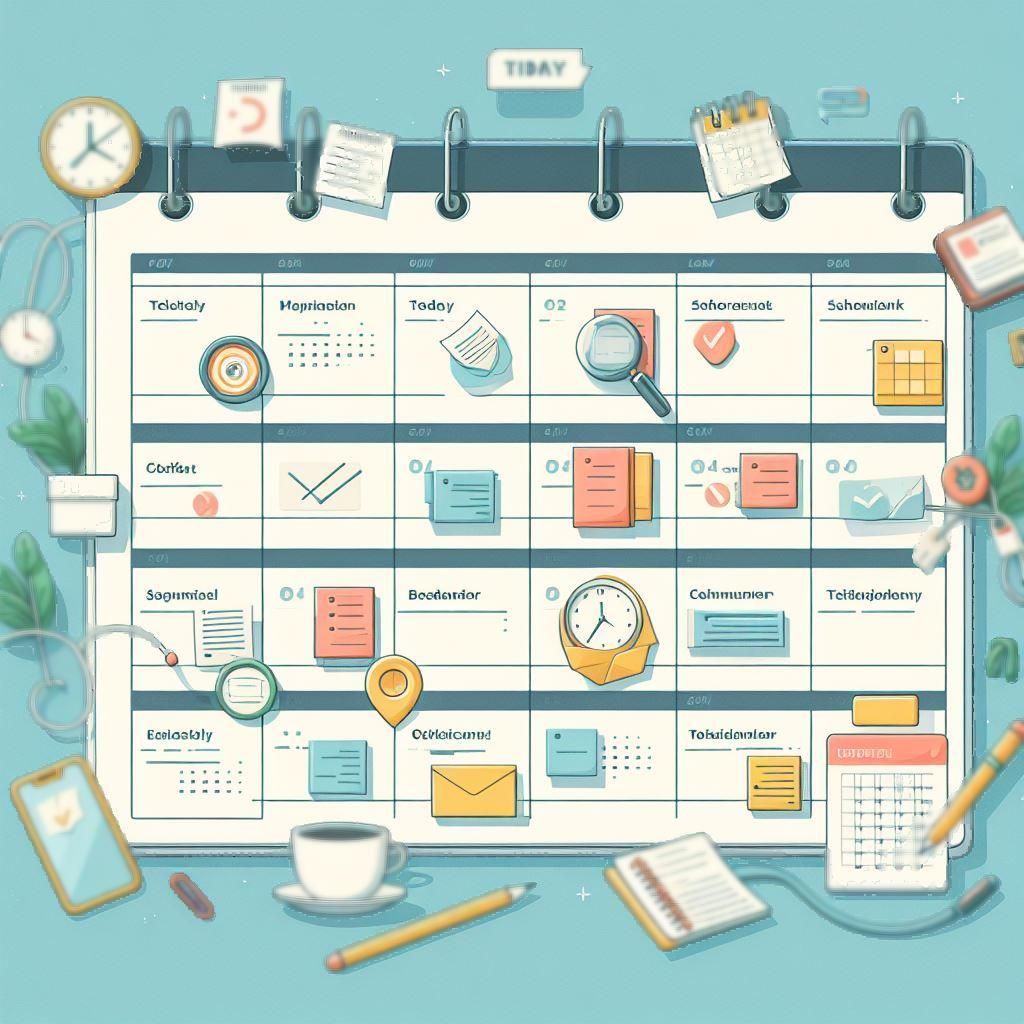
Embrace Automation: Explore software tools and AI assistants like ChatGPT for repetitive tasks like data entry or research. This frees up valuable time for higher-level thinking and creativity.
5. Cultivate a Growth Mindset:
Embrace Challenges: View setbacks and difficulties as opportunities for learning and growth. Don’t be afraid to experiment and try new approaches. Celebrate small wins and acknowledge your progress along the way.
Seek Continuous Improvement: Actively seek learning opportunities related to your field or productivity techniques. Read books, listen to podcasts, or take online courses to expand your knowledge and refine your skills.
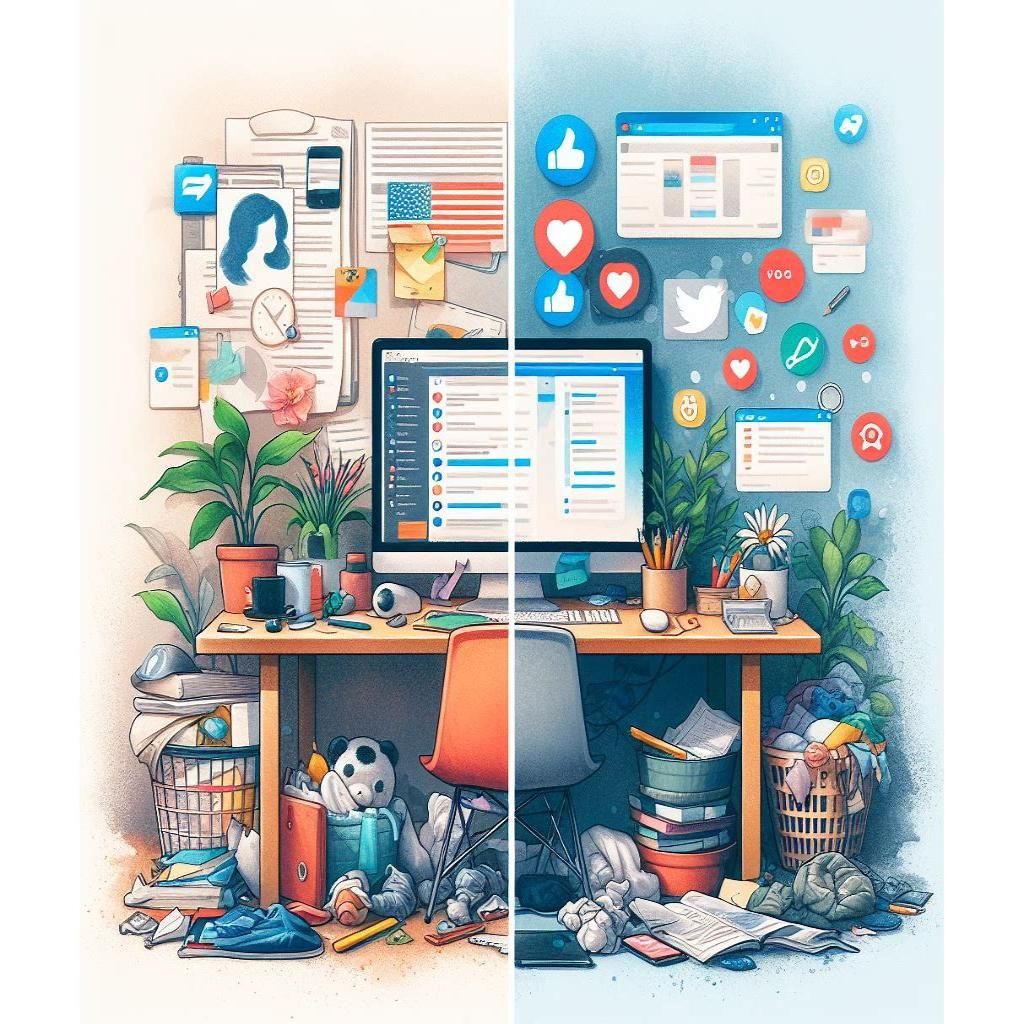
Practice Self-Compassion: Be kind to yourself. Recognize that there will be days when you’re less productive than others. Forgive yourself for mistakes and focus on moving forward.
Quick Tips:
- Get enough sleep: Aim for 7-8 hours of quality sleep each night for optimal cognitive function and overall well-being.
- Create a relaxing bedtime routine: Establish a consistent sleep schedule and wind down before bed with calming activities like reading or taking a warm bath.
- Minimize distractions before sleep: Avoid screens and bright lights in the hour before bedtime.
- Listen to your body: Take breaks when you’re feeling tired or mentally fatigued. Pushing yourself too hard can lead to decreased productivity and burnout.
- Celebrate your progress: Acknowledge your achievements, no matter how small, to stay motivated and on track.
Conclusion:
Becoming more productive is a continuous journey, not a destination. Experiment with these tips, find what works best for you, and remember, consistency is key. By implementing these strategies, you can reclaim control of your time and achieve more while feeling less stressed and overwhelmed..
Call to Action:
Share your own productivity tips and experiences in the comments below! Let’s help each other become more efficient and achieve our goals.
References:
Brainpower Optimization:
- Mindfulness and meditation: Keng, S. L., & Wong, D. W. (2011). Mindfulness training for psychological wellbeing: A meta-analysis. Journal of Consulting and Clinical Psychology, 79(2), 213-222.
- Power naps: Mednick, S., Cai, Y., & Thomas, K. M. (2017). A nap after lunch can restore cognitive performance. Current Biology, 27(18), R1086-R1094.
- Healthy diet and hydration: Benton, D., & Parker, T. (2005). Brain function and nutrient supply. Current Opinion in Clinical Nutrition and Metabolic Care, 8(6), 766-770.
Breaking the Routine Rut:
- Short breaks and movement: Mark, G., & Gudith, D. (2017). The urgency of rest: Why sleep and breaks are more important than you think. Harvard Business Review, 95(11), 114-120.
- Natural light: Benedetti, F., & Rossi, G. (2011). Light exposure and seasonal affective disorder. Psychotherapies, 18(2), 168-174.
Mastering the Art of Focus:
- Single-tasking: Ophir, K., Nass, C., & Wagner, A. D. (2009). Cognitive control in media multitaskers. Proceedings of the National Academy of Sciences, 106(37), 15583-15587.
- Time management techniques: Van der Meer, H., & Haijen, Z. (2016). Pomodoro Technique. https://todoist.com/productivity-methods/pomodoro-technique
